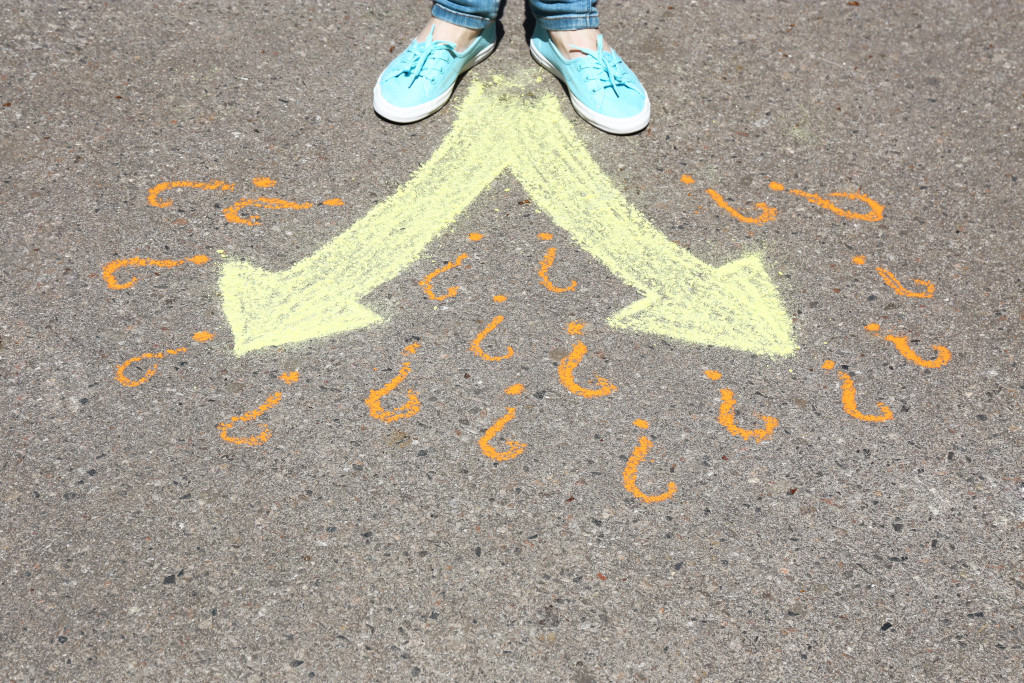The Good Mediator
A good mediator does some of the most important work there is. Rather than escalate a dispute towards litigation, her goal is to facilitate negotiations between parties so that they can hopefully reach a settlement, or at least, a partial settlement. This is important because it is an instrumental step in keeping people out of court. Whether the dispute involves families, employees, accident victims, malpractice, or some other dispute, and whether your process option is collaboration or litigation, a good mediator can help you reach an equitable result wherein both parties are content enough to move on with their lives without their relationship being destroyed.
In Florida, when parties are involved in litigation, most judges won’t allow even a temporary hearing to be set until the parties have tried to mediate. This is because mediation is such a valuable tool. Parties are often able to resolve at least some of their issues at mediation, leaving fewer issues for their attorneys to argue and for a judge to decide.
Client’s Take Ownership In Mediation
 Mediation puts the control back in the hands of the participants, allowing them to choose a resolution that is best for them. It is solution-oriented, meaning that the participants can solve their problems in ways that work for their situation, without having a judge just get a quick snapshot and make important, life-changing decisions for them. It also allows the parties to be creative and take ownership of their agreements, rather than being forced into them by a judge who is only allowed to follow the law.
Mediation puts the control back in the hands of the participants, allowing them to choose a resolution that is best for them. It is solution-oriented, meaning that the participants can solve their problems in ways that work for their situation, without having a judge just get a quick snapshot and make important, life-changing decisions for them. It also allows the parties to be creative and take ownership of their agreements, rather than being forced into them by a judge who is only allowed to follow the law.
I prefer to practice either as a mediator or as a collaborative process team member because, after litigating for decades, I now feel that it is best for all involved. We use mediators in collaborative practice, as well, especially when we are concerned that clients are in danger of reaching an impasse. A strong mediator can make magic happen. Adding a fresh professional to the team can help struggling clients brainstorm solutions that they hadn’t contemplated prior.
Some parties choose to forgo collaboration and litigation altogether and jump right to mediation. Whether negotiating with or without the aid of an attorney, participants often find success by simply mediating their issues. In fact, more and more, people are including in their agreements that they will mediate or use another form of alternative dispute resolution if they have post-agreement issues before they go to litigation for a court-imposed solution.
Shape The Process To Benefit You
 Regardless of the process option you’ve chosen, if mediation becomes necessary, success is more likely if you choose a strong mediator. Whether it’s an attorney, a mental health practitioner, or a financial professional who acts as your mediator, your chances of resolution are increased when you get people around the table to really discuss their issues. This is still true when parties choose to mediate from separate rooms, “caucusing,” because at least they’re still negotiating. Of course, I prefer participants to be in the same room, but that is not possible or helpful in all situations.
Regardless of the process option you’ve chosen, if mediation becomes necessary, success is more likely if you choose a strong mediator. Whether it’s an attorney, a mental health practitioner, or a financial professional who acts as your mediator, your chances of resolution are increased when you get people around the table to really discuss their issues. This is still true when parties choose to mediate from separate rooms, “caucusing,” because at least they’re still negotiating. Of course, I prefer participants to be in the same room, but that is not possible or helpful in all situations.Learn more about collaborative divorce. Follow Open Palm Law.
Need advice now? Contact Joryn!

About this week’s author, Joryn Jenkins.
Joryn, attorney and Open Palm Founder, began her own firm here in Tampa after a 14-year career in law, two of which she served as a professor of law at Stetson University. She is a recipient of the prestigious A. Sherman Christensen Award, an honor bestowed in the United States Supreme Court upon those who have provided exceptional leadership in the American Inns of Court Movement. For more information on Joryn’s professional experience, take a look at her resume.













